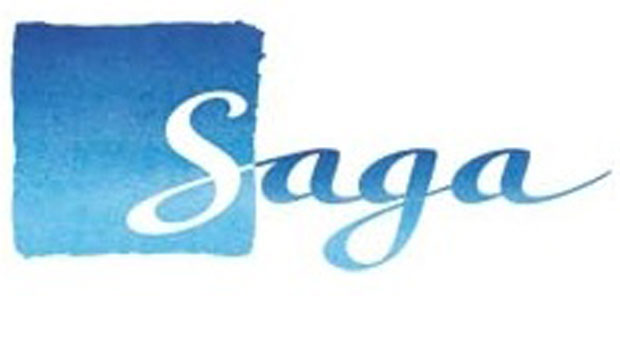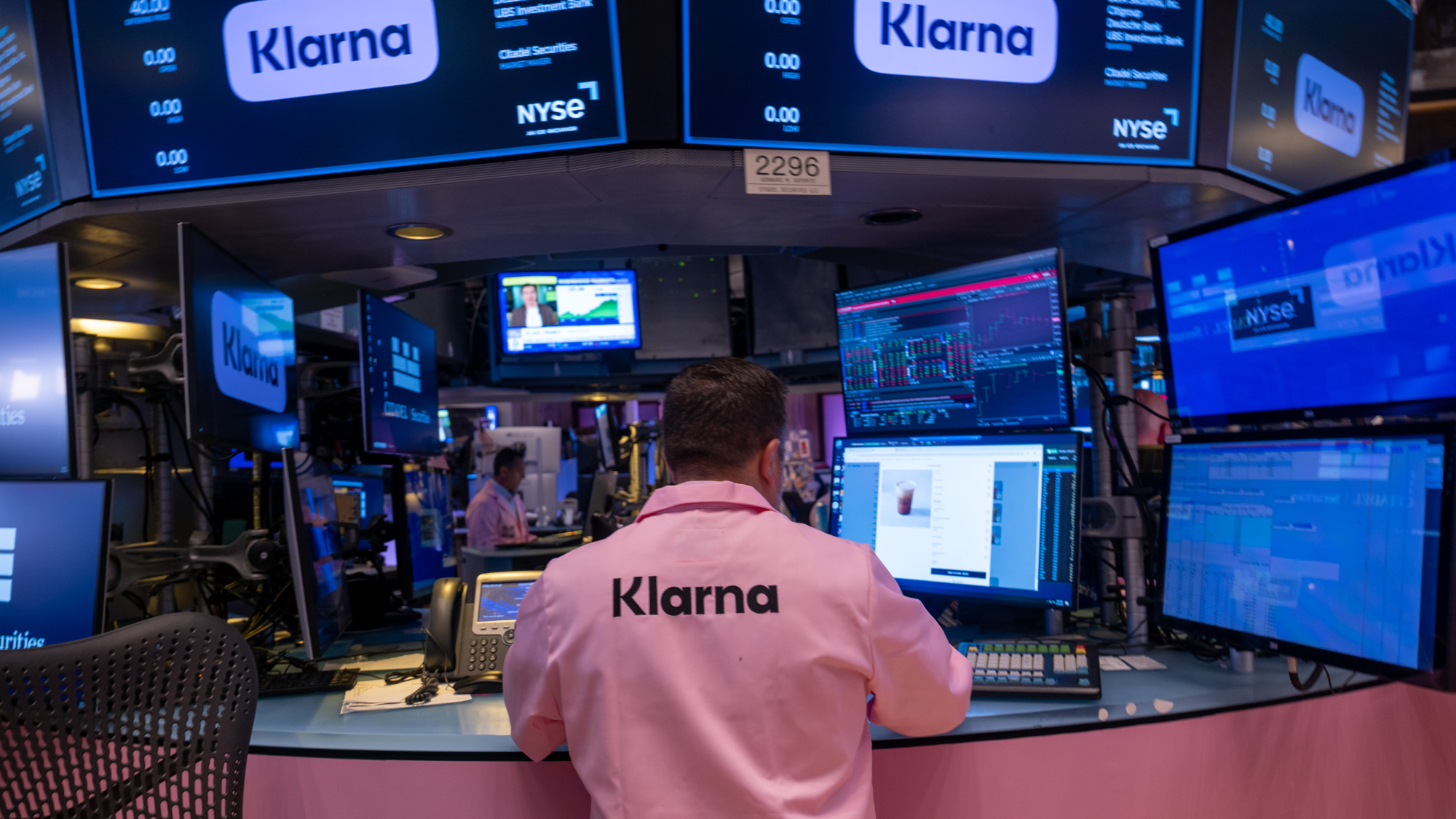Saga float: should you buy shares in the over-50s brand?
Analysts warn investors not to expect a repeat of the Royal Mail float last year

A free daily email with the biggest news stories of the day – and the best features from TheWeek.com
You are now subscribed
Your newsletter sign-up was successful
Update, 22 May: Reports suggest that Saga shares will be priced at 185p, the very bottom end of the expected range, when the company floats tomorrow. "The price represents a drastic scaling back of expectations," the Daily Telegraph reports. "It is almost 25 per cent below the top of the original price range of 185p-245p." The paper says the low asking price increases the chances that investors might be able to make a quick profit when shares start trading, but also indicates institutional buyers' lack of faith in the company.
MIGHT the Prime Minister be preparing to buy shares in Saga? The Times’s Miles Costello noticed that David Cameron is now following the tweets of over-50s lifestyle group, which is currently preparing for a listing on the London Stock Exchange.
Analysts suggest that Saga could be valued at £2.5bn in its forthcoming flotation, which is expected to be the biggest IPO in London since Royal Mail floated last year.
The Week
Escape your echo chamber. Get the facts behind the news, plus analysis from multiple perspectives.

Sign up for The Week's Free Newsletters
From our morning news briefing to a weekly Good News Newsletter, get the best of The Week delivered directly to your inbox.
From our morning news briefing to a weekly Good News Newsletter, get the best of The Week delivered directly to your inbox.
But many stockbrokers and financial journalists are advising that Saga shares may not be as safe an investment as shares in Britain's postal service.
The Daily Telegraph's Andrew Oxlade says demand for the shares is certainly strong and "could even reach the levels of excitement that engulfed the Royal Mail privatisation". Around 690,000 people bought in to the Royal Mail and around 700,000 of Saga's 2.1 million customers have already declared an interest in buying shares in the company.
But in spite of the enormous interest, Oxlade is not convinced the shares will rise in the same way as Royal Mail shares.
Alastair McCaig, from the online trading company IG, told the Telegraph: "Saga's flotation is expected to be oversubscribed, which could see the market attach a premium to the share price when it starts trading. This price, which is driven by client trades, is at a premium to Saga's own company valuation".
A free daily email with the biggest news stories of the day – and the best features from TheWeek.com
Richard Evans notes that buying shares when a company floats can often be a good idea, but stops short of recommending it in this case. “It's worth pointing out that floating companies and their City advisers have to ‘price to sell’, so investors can usually expect a better price if they buy in a flotation. But this time you may have less to lose if you hold fire and wait for the shares to start trading.
After using proceeds from the float to reduce its debt, Saga plans to expand into a range of new areas, from wealth management to banks to retirement villages, says Alistair Gray of the Financial Times. But the company's "mish-mash of operations" means investors will need to need to be attentive to a wide range of risks. "Valuing Saga will not be straightforward", Gray warns.
The editor of the Telegraph's Questor column, John Ficenec, says there are five good reasons to steer clear of the Saga float:
- Saga's profits for the past two years have been largely flat.
- The company is likely to be classed as a specialised consumer services company, rather than an insurance company, in spite of 77 per cent of its revenue coming from insurance products.
- It comes lumbered with a lot of debt.
- Saga will still be largely owned by private equity groups Charterhouse, Permira and CVC – companies that need to return cash to their investors and could bail out.
- The markets into which Saga is looking to expand are all highly competitive.
The Times's Mark Bridge also urges caution, noting that prospective investors should not expect the floatation of Saga to directly mirror that of the Royal Mail: "There is a possibility that a rush will push up the share price immediately after the float, so that speculative investors can make a quick buck. But you shouldn't expect a Royal Mail repeat as those shares were highly undervalued," Bridge says.
-
 What to know before filing your own taxes for the first time
What to know before filing your own taxes for the first timethe explainer Tackle this financial milestone with confidence
-
 The biggest box office flops of the 21st century
The biggest box office flops of the 21st centuryin depth Unnecessary remakes and turgid, expensive CGI-fests highlight this list of these most notorious box-office losers
-
 The 10 most infamous abductions in modern history
The 10 most infamous abductions in modern historyin depth The taking of Savannah Guthrie’s mother, Nancy, is the latest in a long string of high-profile kidnappings
-
 Retail investors drive a flurry of IPOs
Retail investors drive a flurry of IPOsFeature After years of slowness, companies like Klarna and Gemini are reviving the IPO market
-
 Man Utd shares: should fans buy 5% stake sold by Glazers?
Man Utd shares: should fans buy 5% stake sold by Glazers?In Depth As the Glazers sell £89m worth of Man Utd shares, here's what buying a stake in the club would involve